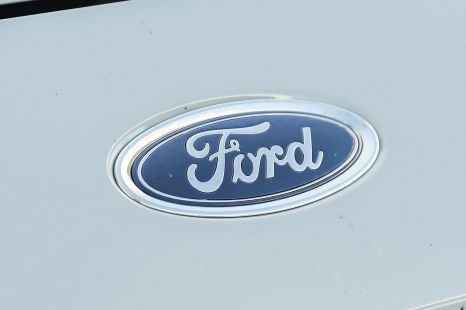

Derek Fung
Ford held partnership talks with Geely, Xiaomi, BYD – reports
4 Hours Ago
From July 1, the controversial road user charge for zero- and low-emission vehicles in Victoria is set to increase.

News Editor
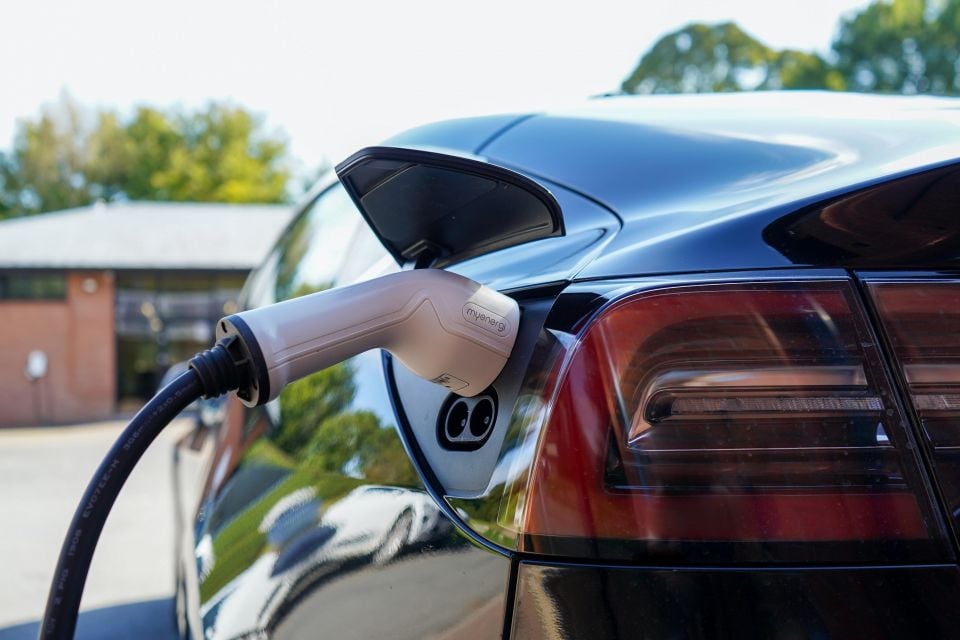

News Editor
Victoria’s controversial electric car road-user charge is set to increase in a matter of days.
From July 1, the Zero and Low Emission Vehicle road-user fee will increase, with the Victoria Government Gazette listing the new rates: 2.8 cents per kilometre for electric vehicles (EVs) and hydrogen fuel-cell electric vehicles (FCEVs), and 2.3 cents per kilometre for plug-in hybrids (PHEVs).
This is an increase from 2.6c/km and 2.1c/km from July 1, 2022 to June 30, 2023, representing increases of 7.7 and 9.5 per cent, respectively.
The Victorian Government says the average distance travelled annually by light passenger vehicles there is 13,500km, which works out to a road user charge of $378 for EVs and FCEVs and a PHEV charge of $310.50 – up from $351 and $283.50, respectively.
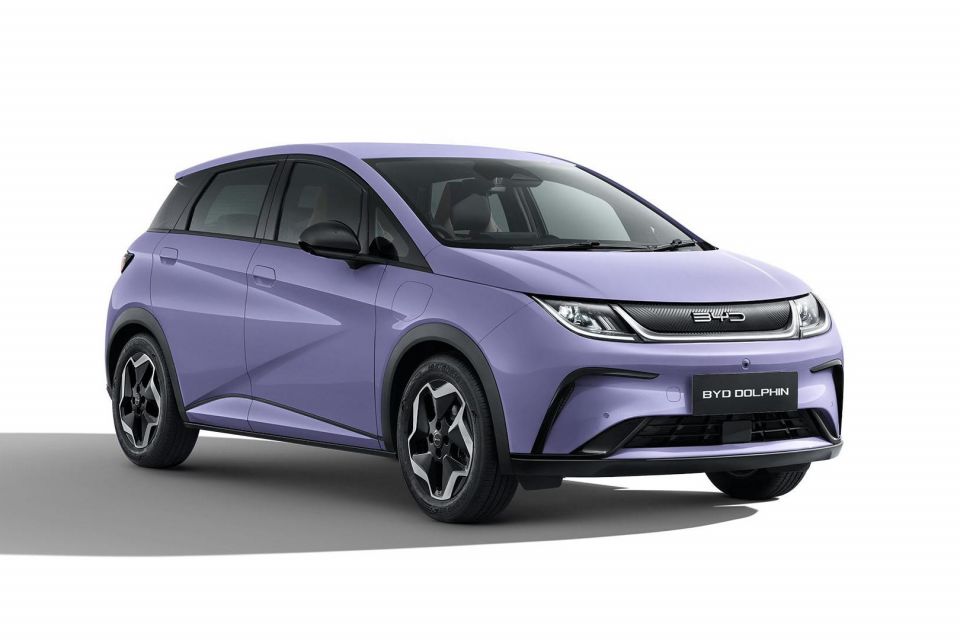
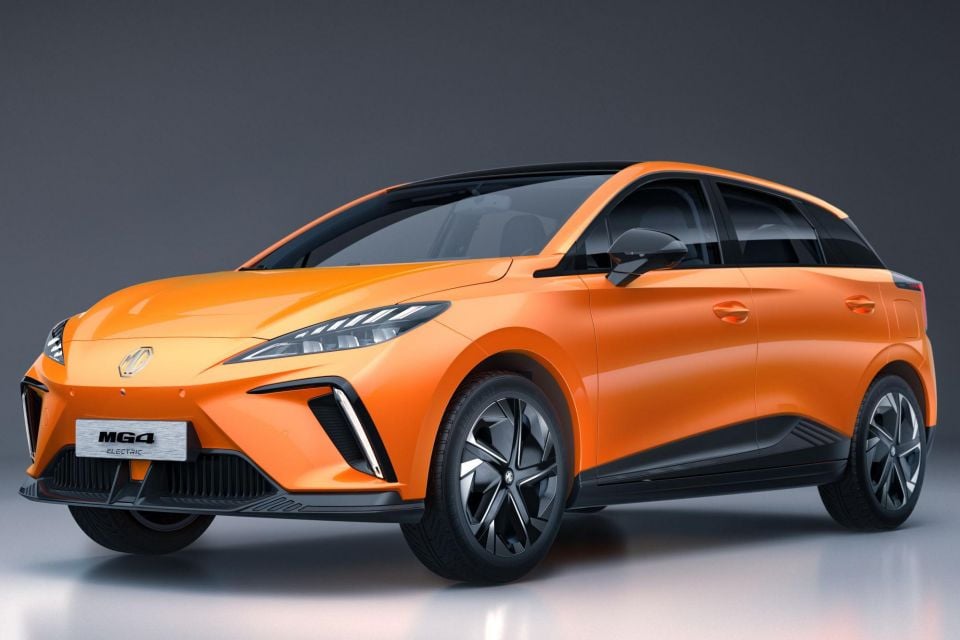
The fees were increased on July 1, 2022 from their initial amounts of 2.5c/km and 2.0c/km, respectively.
To calculate the increase, the Victorian Government used a formula: the existing ZLEV charge rate multiplied by the all groups consumer price index (CPI) for Melbourne in the calendar year most recently published by the Australian Bureau of Statistics, divided by the CPI for the period one year earlier.
While Victorian EV, FCEV and PHEV operators still have to pay registration, they receive a $100 annual discount on this.
The Zero and Low Emissions Vehicle Distance-based Charge Act 2021 was passed in Victoria to allow the state government to collect revenue from EV, FCEV and PHEV operators in lieu of the fuel excise, with vehicle operators asked to supply their odometer readings when requested.
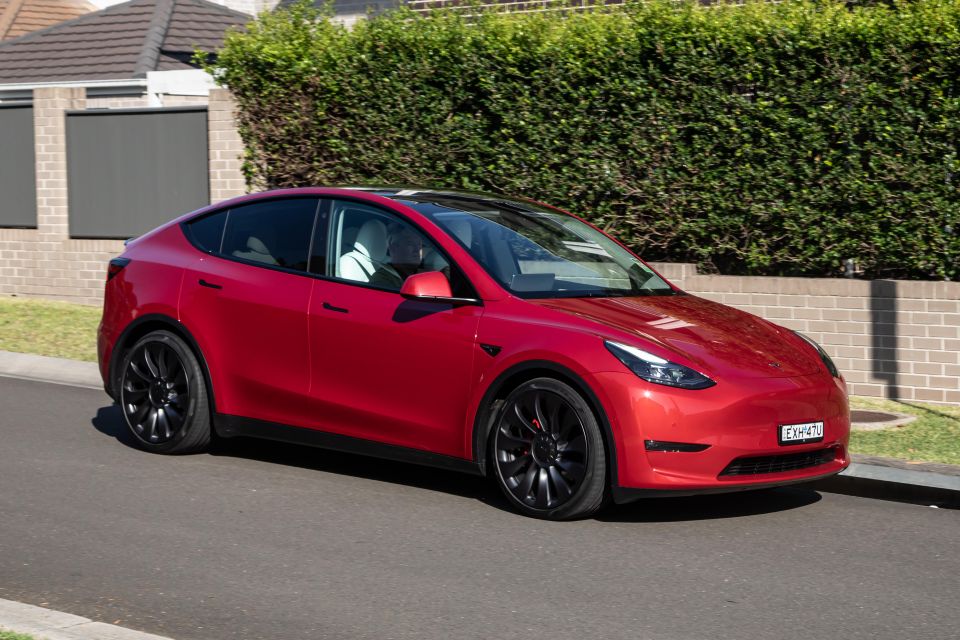
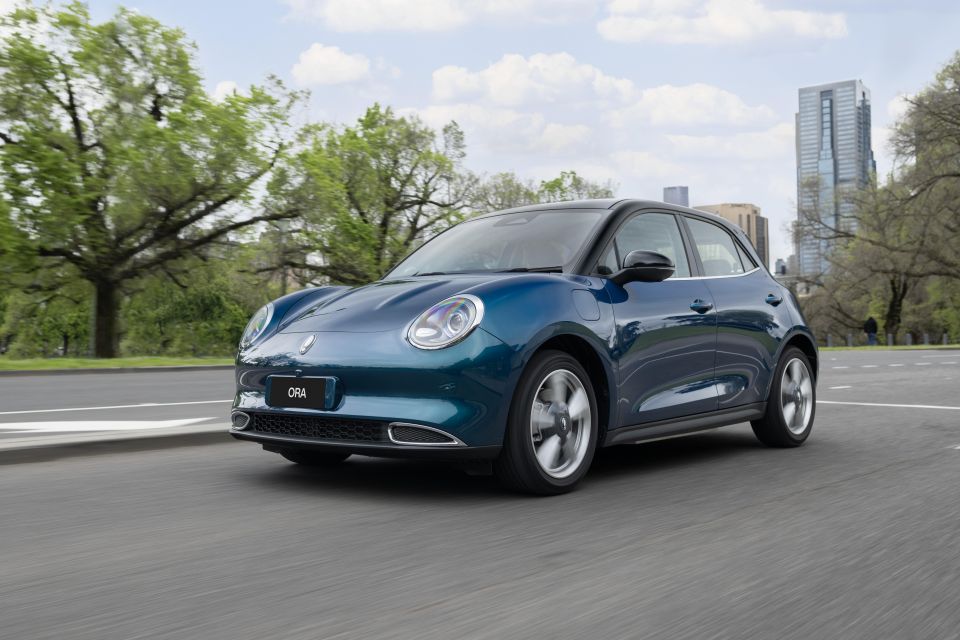
It immediately received a firestorm of criticism, with 25 carmakers, charging infrastructure providers, rideshare firms and environment groups co-signing an open letter calling it “the worst EV policy in the world”.
The legislation was also criticised for its “double-dipping” with PHEV owners, who still paid fuel excise at the pump but now were slugged with a road user charge.
It was also slammed for its definition of a “specified road” – i.e., a road for which the user charge is payable – as including highways outside of Victoria, meaning drivers were paying the state government even if their driving was out of state.
The legislation has been criticised by the Federal Government and is facing a High Court challenge, with two plaintiffs arguing only the Commonwealth Parliament can charge an excise.
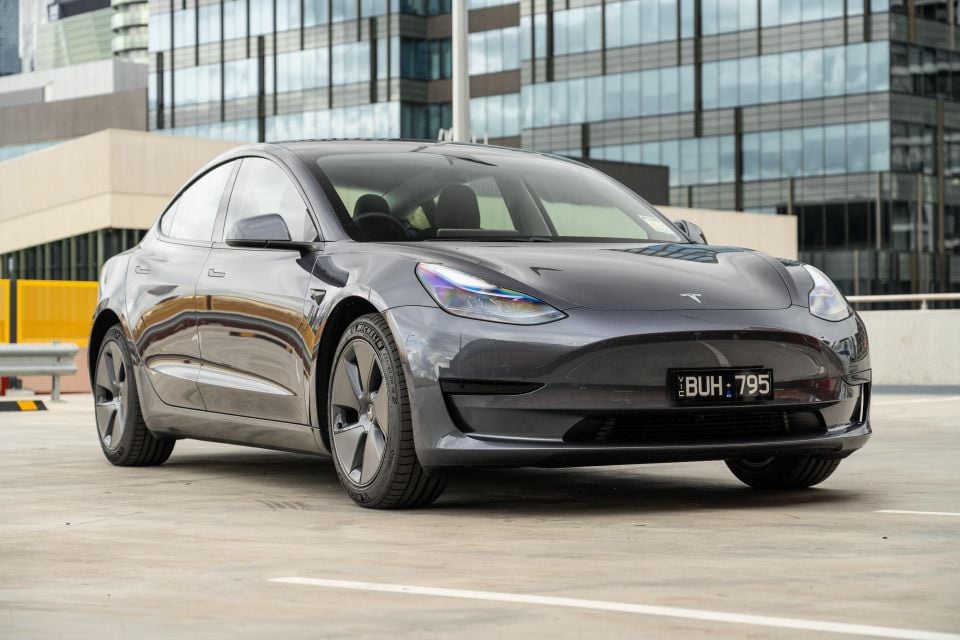
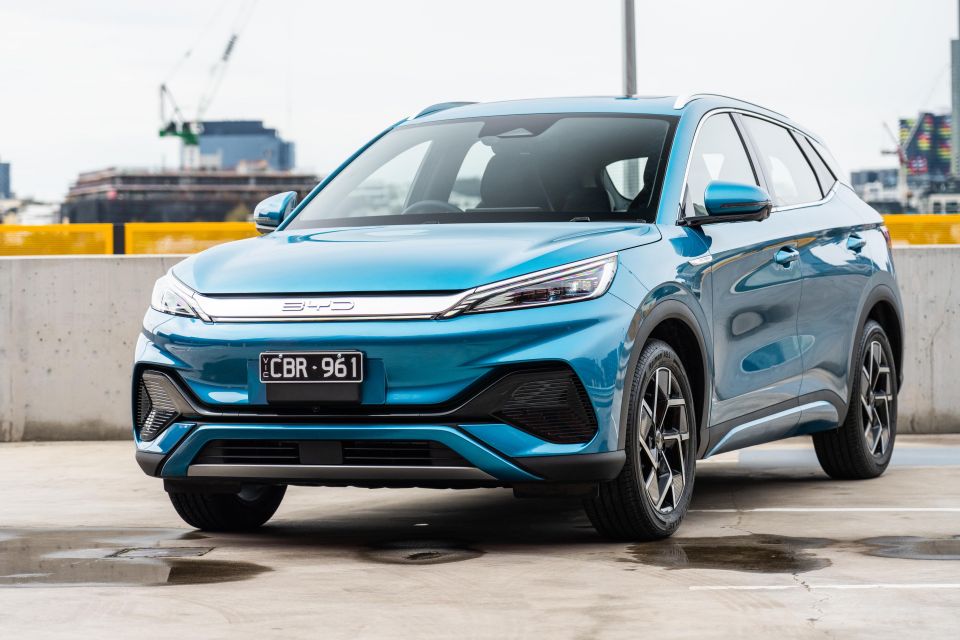
Additionally, a report earlier this year said more than 240 Victorian drivers had their vehicle registration cancelled for failing to pay the charge, with one owner saying their registration was cancelled without their knowledge.
Victoria is still the only state to have a road user charge: South Australia repealed its tax before it was set to be introduced, while New South Wales has passed legislation introducing a tax but won’t charge it until July 1, 2027.
The higher road user charges come as Victoria prematurely ends its $3000 electric vehicle subsidy, which will cease to exist from June 30 this year.
It was supposed to run until May 2024, but the state’s growing debt led it to axe the program early.
Not only are subsidies ending and road user charges increasing, but energy prices are also set to increase from July 1.
William Stopford is an automotive journalist with a passion for mainstream cars, automotive history and overseas auto markets.


Derek Fung
4 Hours Ago
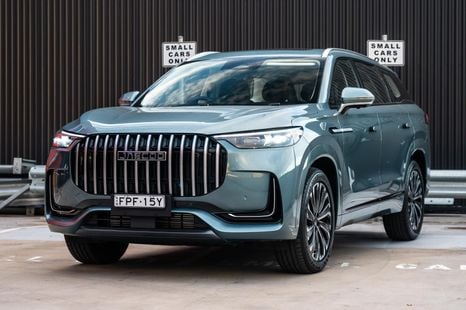

James Wong
10 Hours Ago
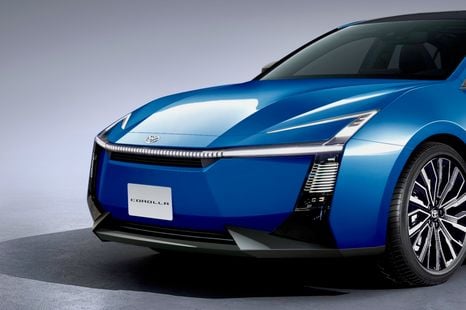

Ben Zachariah
1 Day Ago
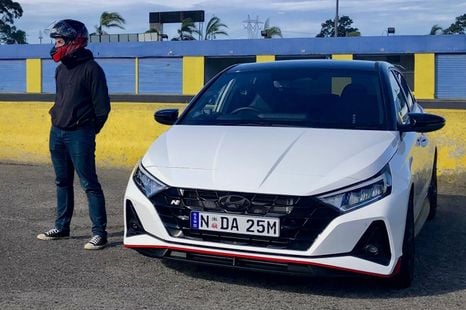

Max Davies
1 Day Ago
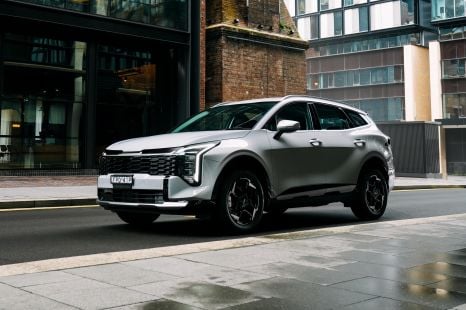

James Wong
1 Day Ago
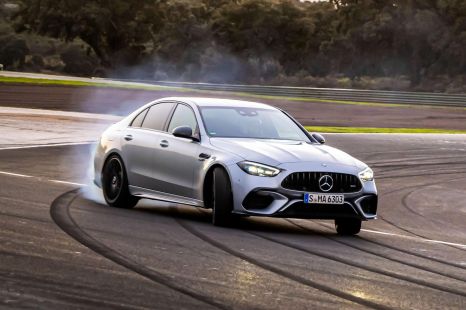

Derek Fung
1 Day Ago